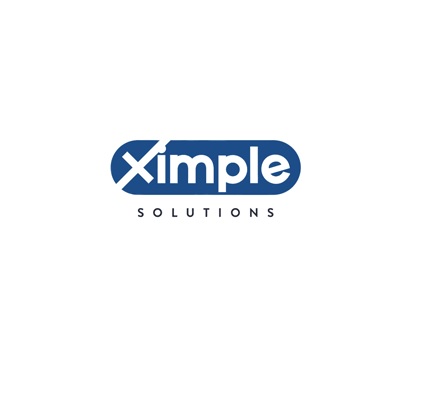
Where an ERP system provides tools for resource planning as well as integration of data from different departments (human resource, CRM, inventory, financials) and represents it for better overall planning, accounting software helps in bookkeeping and smooth handling of financial transactions.
Distribution industry requires tools to manage not only the logistics tasks but also need to keep up with the invoicing and maintenance of financial transactions. This process starts from the very early stages and keeps going till the very end.
That’s the reason why distribution companies need software that can simplify its tasks and maintain financial records as well. It needs something more than a distributor ERP and just a standalone accounting software at the same time.
This article will clear all the doubts regarding an ERP system and accounting software. And, will also make it crystal clear how the both play an integral role for distribution companies.
BASIC FUNCTIONS OF AN ERP SOFTWARE
While covering a wide range of processes, an ERP software performs the following listed functions-
It automates the processes delivering accuracy and reduces human efforts.
An ERP software integrates a number of processes, thus, focuses on completion of organizational goals.
It makes data tracking quick and easy.
It delivers real time results and maintains the synchronization of several processes.
By maintaining data at a centralised place, it reduces the chances of duplicacy.
BENEFITS OF ACCOUNTING SOFTWARE
Asset management
This is of utmost importance for any business to manage its assets. The cloud system makes it easy to check and manage an asset's life cycle.
Tax management
Taxation is an inevitable component of finance management. These softwares support tax reporting and tax auditing.
Payroll and ledger Maintenance
Some of the basic recordings include the keep up of payments, orders, journals, purchases, sales, etc.
Risk management
Risk management is the key aspect for any business. Decisions should be made keeping in mind the affecting factors and all the plus and minus of a project to reap out the maximum benefits keeping the risks at its lowest.
INTEGRATED FUNCTIONALITIES OF ERP and ACCOUNTING SYSTEM MANAGEMENT
Data Security
The essence of any software is safeguarding the data and accessing the scrutiny of its use. With the integration of ERP software, the authenticity of the access becomes highly secured.
Auditing
It’s not just about maintaining data but also verifying the sources and maintaining synchronization. This integration provides modules for examining the analytics of the financial statements.
Monitoring
The softwares provides quick and real time monitoring of data at a centralised place. This reduces duplicacy and saves double efforts on the same thing, offering working on it at the same time.
Integration
The collaboration of these two softwares provides an impactful integration of data and different processes to serve the business more clearer understanding, reliability and interdependency.
Centralised Reporting
The reporting system is centralised that means the pathways become more clear and reduces dependencies. It gives accurate and quick reporting for the real time use, thus, maintaining coordination between different activities.
QUICKLOOK
Distribution companies now a days are looking for such softwares which regales the need of both distributor ERP and finance management. The data is needed to be processed, managed and integrated for better understanding and interpretation so that the interested parties can use it to its full potential.
Operations and accounting goes hand in hand for optimal usage of data and delivering exceptional results. The modules of both the softwares are necessary to feed the demands of a constantly changing business environment and with competition getting over the edge so fast.
There are a number of software applications out there offering almost both inclusive tools to synchronise the business process. A few of them are Ximple ERP Accounting System, Microsoft Dynamics, Oracle Enterprises, SAP Business One.